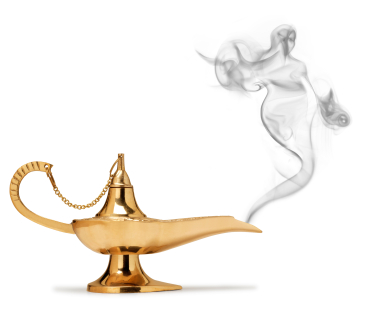Leaving Butter on the Bread
.jpg) I grew up in country Ireland with the saying ‘leave butter on the bread.’
I grew up in country Ireland with the saying ‘leave butter on the bread.’
I have been living in Melbourne for the last 16 years and try and get back to Ireland every year. I visited my parents in the old country a few weeks ago and continually felt a sense of community that gives without expecting anything in return: a neighbour dropping in with a gift of some freshly picked vegetables from her garden; another neighbour dropping in a big pot of homemade vegetable soup; my mother making 12 jars of raspberry jam and giving away 11 jars to neighbours.
All done without any fanfare just with a giving heart.
On this trip I had the great pleasure of dropping into New York to visit the TAA merry gang on my way back to Australia.
I encountered two experiences with big corporate institutions where one left ‘plenty of butter on the bread’ and the other left ‘dry bread’. These incidents have been playing on my mind.
I was walking down 6th Avenue between 17th and 19th West and went into a major bank to withdraw cash from the automatic teller machine (ATM). There were two smartly dressed bank officials standing at the entrance to the ATMs. One enquired if I wanted to withdraw cash and on saying yes I was told they were giving out cash prizes today and to be sure to look out for a flashing message. I thought this is wonderful how lucky am I that I walk into a bank that is giving out cash prizes. I proceeded to insert my card into the machine and at the end of the transaction a flash of $125 came on the screen. The lady who had obviously been watching my machine shouted out, “we have a winner!" I immediately thought how wonderful this bank is, New York is AND I was envisioning a new pair of shoes and said to the bank official "the luck of the Irish." The gentleman asked me to follow him into the main bank so that I could receive my prize and escorted me to a formal office. The first question he asked was “do you make many withdrawals”…"yes" “which bank do you bank with?” “Westpac (Australian Bank) I am just visiting!” “Oh we have a problem. You need to open a bank account here in order to receive your prize, which needs to be deposited into an account, and this will not work, as you are from overseas. I immediately said "so when anyone inserts a bankcard from another bank the machine says that they are a winner?" He could not look me in the eye and said "No, that is not the case." My trust of this financial giant was suddenly Zero. In my opinion this was misleading and deceptive conduct. He walked me out to the front door probably so that I would not tell others waiting to take cash out. I had been left without ‘butter on the bread.’
Fortunately there is a heart-warming story to tell. I spent my first day shopping at many stores including Macy’s. I bought 3 pairs of shoes and was pleased that I received 25% off in their sale. By the end of the week I had to buy an extra suitcase (large) to accommodate all my shopping! I made another journey to Macy’s and found that the store had a 50% off sale. I chose a quality suitcase and was surprised at the counter to learn that as well as the 50% off I would get an extra 10% off as this was the last suitcase of its kind and had been on the floor. How wonderful.
On my way out of the store I could not resist popping once more into the shoe department. I found that the shoes I had purchased 5 days earlier were now at 50% off. Just as a throw away line I said to the assistant that if I had waited and bought the shoes today I could have saved money. She enquired if I had my receipt and if so I could take it to the counter and get the extra 25% off. I did and am happy to report I got the refund. Both transactions within Macy’s went way beyond my expectations. Macy’s left butter on the bread and I will tell many, many people this wonderful story.
The bank, however, I never want to set foot in again.

 I have a friend. My friend is a middle manager for a large, diversified multinational corporation, running a group of about 80. He swears to me the following happened.
I have a friend. My friend is a middle manager for a large, diversified multinational corporation, running a group of about 80. He swears to me the following happened. Trust takes a long time to build, and only a few moments to be destroyed.
Trust takes a long time to build, and only a few moments to be destroyed.